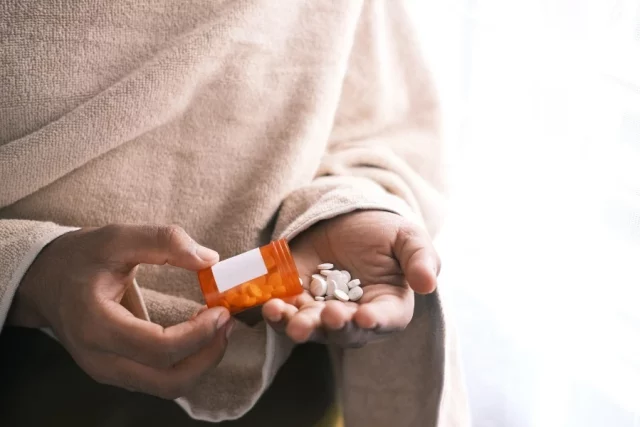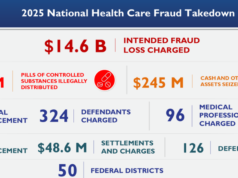Addiction is one of the most challenging things to overcome. It can take over your life, consume your thoughts, and dominate your every action. Not to mention, it can be extremely harmful to your health.
If you’re struggling with addiction, it’s important to know that you’re not alone. Millions of people around the world are battling addiction every day. And while it may seem impossible to overcome, there is hope. There is help available, and with the right tools and support, you can overcome addiction and reclaim your life. In this article, we will discuss the most effective ways to get started on your road to recovery. So whether you’re struggling with addiction yourself, or you’re looking for ways to help a loved one, keep reading for some useful tips.
Detoxification
Detoxification, or detox for short, is the process of removing all drugs and toxins from the body. When an individual is addicted to a substance, their body has become physically dependent on it. This means that if they abruptly stop using the drug, they will experience withdrawal symptoms. Withdrawal symptoms can be very uncomfortable and even dangerous, so it’s important to undergo detox under the supervision of a medical professional.
During this phase, you will be monitored and given medications to help ease the withdrawal symptoms. Depending on the drug you are addicted to, detox can last anywhere from a few days to a few weeks. The goal is to rid your body of all the drugs and toxins so that you can begin rehab with a clean slate. In most cases, detoxification must be done before you can enter into any treatment program, so be sure to discuss your options with a professional.
Rehabilitation
After detox, you will then enter the rehabilitation phase of treatment. This is where you will begin to learn about your addiction and its underlying causes. You will also start to develop new coping skills and strategies for dealing with triggers and cravings. Rehab can be done in an inpatient or outpatient setting, depending on your needs.
Inpatient rehab requires you to live at the facility during treatment. This is often recommended for those with a severe addiction or any co-occurring mental health disorders. Outpatient rehab, on the other hand, allows you to live at home and attend treatment sessions during the week. This option is typically best for those with a less severe addiction or a strong support system at home. When choosing a treatment facility, be sure to ask about their success rates and what type of treatment programs they offer. And if you have any questions or concerns, don’t hesitate to consult with your doctor or a treatment professional.
Therapy
One of the most important aspects of treatment is therapy. This is where you will begin to work through the emotions and behaviors that led to your addiction. You will also learn how to cope with triggers and cravings, and develop a stronger sense of self-awareness. Therapy can be done in individual or group settings, and it’s often recommended that you participate in both.
Individual therapy allows you to work one-on-one with a therapist. This type of therapy can be very beneficial because it allows you to address your specific needs and concerns. Group therapy, on the other hand, provides support and camaraderie from others who are going through similar experiences. It’s a great way to share your story, learn from others, and gain strength in numbers. Your doctor or treatment professional can help you decide which type of therapy is right for you.
Medication-Assisted Treatment
For some people, medication can be an important part of treatment. Medication-assisted treatment (MAT) is the use of FDA-approved medications in combination with therapy and counseling to treat addiction. This type of treatment is often used for those addicted to opioids, such as heroin or prescription painkillers.
MAT can help to ease withdrawal symptoms, reduce cravings, and block the effects of the addictive substance. It’s important to note that MAT is not a standalone treatment and should be used in conjunction with other forms of treatment, such as therapy and counseling. However, it can be a helpful tool on your road to recovery. It is however important to take your time and consult a doctor first to see if this is the right step for you.
12-Step Program
The 12-step program is a set of guidelines that outline a path to recovery from addiction. These steps were originally creased while struggling with alcoholism, but they can be adapted to any type of addiction. The 12 steps include admitting that you have a problem, admitting that you are powerless over your addiction, and making a commitment to change.
The 12-step program is based on the belief that addiction is a disease that can be overcome with the help of a higher power. This program provides structure and support and can be a helpful tool on your journey to recovery. In most cases, you will need to find a 12-step program that specifically deals with your type of addiction. However, there are also general 12-step programs that can be beneficial for any type of addiction. If you’re interested in attending a 12-step program, you can find one in your area by searching online or contacting your local addiction treatment center.
Sober Living Environment
A sober living environment is a safe and structured living situation for those in recovery from addiction. This type of environment typically includes strict rules and guidelines, such as no drinking or drug use, curfews, and regular drug testing. Sober living environments are often used as a step-down from inpatient treatment or as a way to transition back into society after treatment. They can provide support and accountability during this crucial time.
If you’re considering a sober living environment, it’s important to find one that is reputable and has a good track record. Be sure to ask about the rules and regulations before committing. And if you have any questions or concerns, be sure to bring them up with the staff. They should be able to put your mind at ease and help you make the best decision for your recovery.
Deciding to get help for addiction is a courageous first step. But it’s important to remember that recovery is a journey, not a destination. There will be ups and downs, but with hard work and dedication, you can overcome addiction and live a healthy, sober life. These six treatment options can help you on your path to recovery. Talk to your doctor or treatment professional to find out which option is right for you.














